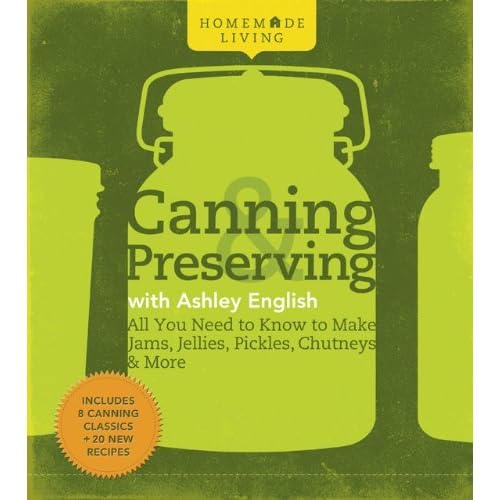I stopped when I read that the other day. Because while I know God loves me and I've been overwhelmed by it at various times, when things are ordinary and simple and simply fine, it can be difficult to really understand, much less accept and appreciate, the immensity of God's love for me.
I find myself praying, over and over again, "God teach me how to love you more, how to love you better."
And that's part of it, but there's more to the equation than just me learning how to love him. There's another part: Letting him love me.
I don't know how to do that other than to ask him to do it, by repeating this verse from the Psalms and asking God to make his love for me not just some head knowledge but something real.
This is part of the premise of Joanna Weaver's latest book Lazarus Awakening
She offers readers beautiful biblical insights into this oft glazed-over story and opened my eyes to new details that I'd never thought twice about. In that way, I felt like I gained a much deeper appreciation for this story.
The part of the book that really provided the most practical application regarding learning to live in God's love was from an example Weaver provided of two friends: "When she'd asked Joan how she finally became convinced of God's love, Ann had expected a dramatic story--something about how God had spared her friend from tragedy or brought her through a dark time. Instead, Joan described a simple decision to 'set aside one month in which to act as though God loved her.' All that month 'whenever she was tempted to doubt his love, she simply shifted her thoughts and then put the full force of her mind behind believing that God loved her. And that settled it for her--for good.'" (page 94)
It reminds me of the father who so eloquently and desperately said it best: "I believe, help my disbelief!" We believe, and yet we still have to continue asking God to help us remove those bits of doubt that keep us from fully living in the truth.
So for now, I keep repeating, "Show me your unfailing love in wonderful ways. Show me your unfailing love in wonderful ways. Show me your unfailing love in wonderful ways."







 Subscribe by
Subscribe by